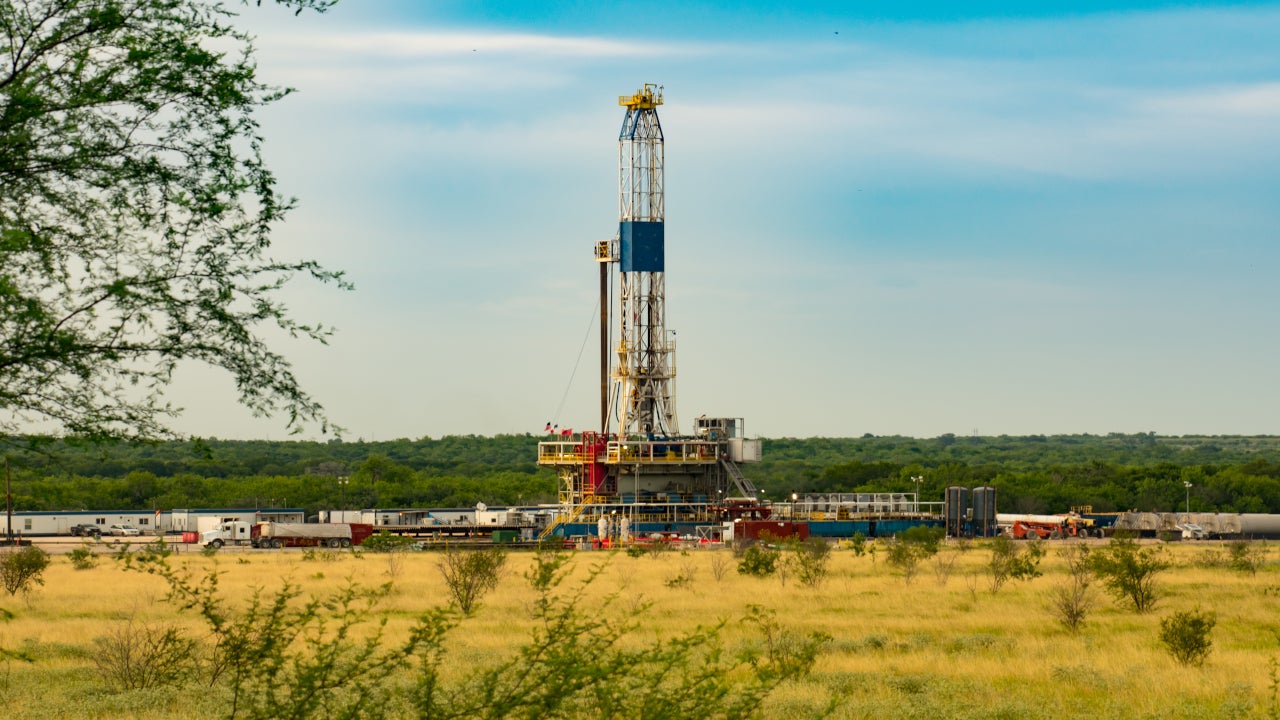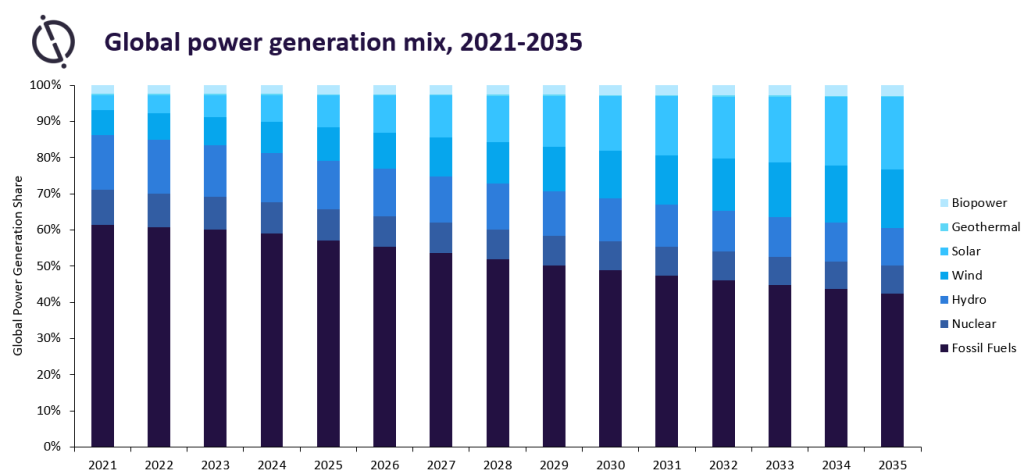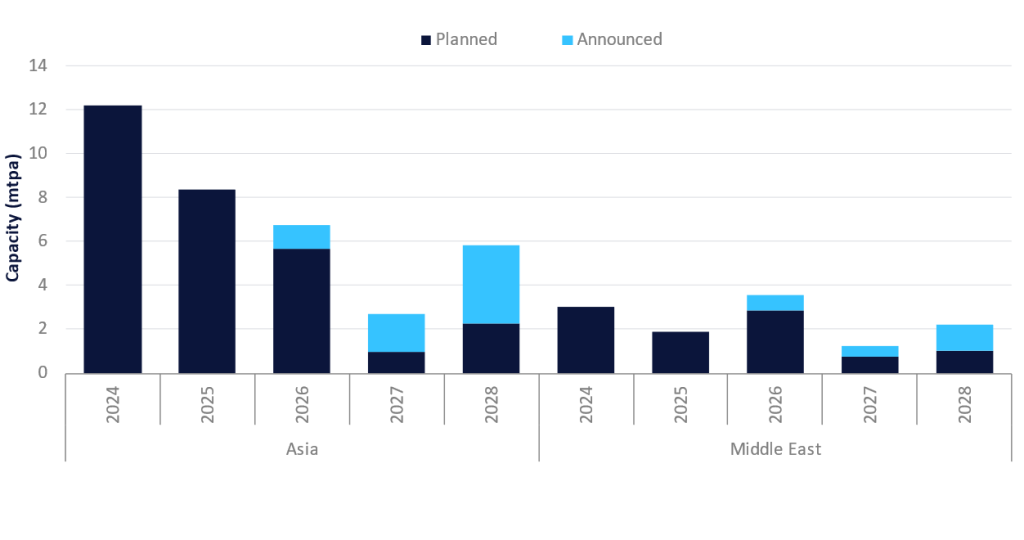The Covid-19 pandemic has significantly reduced the global demand for oil and gas, thereby affecting shale operators. The extent of this slump was highlighted in April 2020 when global oil demand fell by 29 million barrels per day (bpd) year-on-year, as per the International Energy Agency (IEA).
Oil and Gas Trends
Listed below are the key oil and gas trends impacting the shale theme, as identified by GlobalData.
Companies in the US shales battling demand uncertainty
The shale industry in the US is undergoing stress because of the severe drop in global energy demand from Covid-19. Independent shale operators in the US are among the worst hit as their operations are no longer sustainable in the current oil price downturn. Operators have resorted to taking wells offline to manage costs.
Debt-ridden operators are facing difficulty in drawing liquidity from financial institutions to sustain operations and have filed for bankruptcy. Several companies have scaled down their planned capex to maintain liquidity to withstand the tough economic conditions.
Oil price recovery is expected to be slow as many countries continue to observe social restrictions to contain the pandemic. The US government is helping the industry in its own way with measures, such as relaxation of the regulatory framework to induce more production for supporting economic recovery.
High cost of operations may weigh in on profitability
Drilling and completion costs of shale wells is very high as compared to conventional wells. The average break-even costs rise as high as $45 per barrel for some shale plays. The economical production lifetime of shale wells is very short and may last for two to -three years, during which time, recovery of the capital expenditure can be made by the operator.
How well do you really know your competitors?
Access the most comprehensive Company Profiles on the market, powered by GlobalData. Save hours of research. Gain competitive edge.

Thank you!
Your download email will arrive shortly
Not ready to buy yet? Download a free sample
We are confident about the unique quality of our Company Profiles. However, we want you to make the most beneficial decision for your business, so we offer a free sample that you can download by submitting the below form
By GlobalDataHence, companies need to regularly drill new wells to sustain production. This increases the cost per barrel of the produced resource. The break-even cost for various wells might vary significantly. The prevailing lower oil prices are expected to have significant effects on the shale operators, even leading to bankruptcies.
Whiting Petroleum, Ultra Petroleum, and Chesapeake Energy are some of the prominent shale players that declared bankruptcy following Covid-19 outbreak. Further the existing debt of the shale operators has made it difficult for them to borrow more during the downturn.
Many countries continue to ban fracking
Fracking or hydraulic fracturing is essential for shale oil and gas production. It also presents potential dangers such as polluting ground water and overall weakening of the earth’s crust. Thereby many governments, such as France, Germany, and Uruguay, have moved to ban fracking and thus impede the proliferation of shale industry in those regions. While some countries, such as Netherlands and Denmark, have put a moratorium on fracking over short period of times.
Most of these countries are embarking on energy transition towards renewable energy resources. In North America, various laws have been enacted and strengthened to contain the negative environmental effects of fracking. The Clean Water Act and Safe Drinking Water Act are some of the key laws in the US which aim to reduce pollution caused by fracking activities.
Financing challenges have worsened during the downturn
Shale operators are facing financial challenges, during the economic downturn, to maintain steady production. The decline in energy prices have reduced the revenue inflow. The debts are also rising for some companies due to earlier taken loans. Major banking institutions, such as Wells Fargo and JPMorgan, have shown reluctance to lend to the shale operators amid low economic activity.
Liquidity crunch is thereby forcing shale operators to halt operations and pursue further drilling of new wells. Some companies are seeking legal and financial advice on restructuring their finances. This would lead to significantly lowering the market capitalisation of the shale players, potentially impacting the shale investments over the next two to three years.
Focus on water recycling for efficient management
Water is a key ingredient used to blast the shale rock through a well, for the hydrocarbons to flow. The mixture produced from the well usually has about 3:1 ratio of water to oil. Therefore, water management becomes essential for shale operations. The water may be procured from a nearby aquifer for use in hydraulic fracturing. The produced water must be disposed after treatment.
Due to the increasing costs of sourcing water for shale operations, there is rise in recycling of the produced water. The required water is sometimes also sourced from municipal wastewater. Recycling of produced water is also used to avoid cost of transporting water. Disposal of produced water is regulated by laws such as Clean Water Act in the US.
Methane management remains a challenge
Methane is a very strong greenhouse gas and it is a primary product of shale operations. Shale drilling is one of the key contributors of methane emissions in the US. In 2017, a study by Environmental Defense Fund, reported that more than 1Tg of methane was emitted into the atmosphere by the oil drillers in Pennsylvania.
In 2018, NASA estimated total global annual methane emissions at around 550Tg. In 2019, a European Space Agency satellite estimated about 2.7Tg of methane emissions from the Permian Basin on an annual basis. NASA also said that an increase of around 25Tg of methane emissions is observed globally on annual basis.
This is an edited extract from the Shale – Thematic Research report produced by GlobalData Thematic Research.










Related Company Profiles
IEA INC.
Environmental Defense Fund
Ultra Petroleum Corp
JPMorgan Chase & Co
Chesapeake Energy Corp